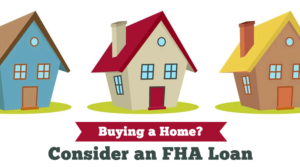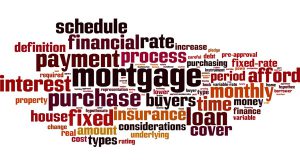
August 26, 2024
How Much Should I Put Down On A House?
Thinking about getting pre-qualified or pre-approved for a mortgage loan? FHA mortgages generally require a lower down payment and have more forgiving terms for loan approval, but the amount of money you put down isn’t just guided by your financial qualifications (see below). It also depends on your financial goals. Some sources indicate that more people put down less money than you might think to purchase their dream home. Some zero-money-down transactions are likely either VA loans (available for qualified veterans and dependent on serving a minimum amount of time in uniform) or USDA loans, which also have a zero-down payment option. But in some cases, you may actually wish to make a larger down payment. Why? In some cases it’s because a borrower’s FICO scores aren’t high enough to | more...









